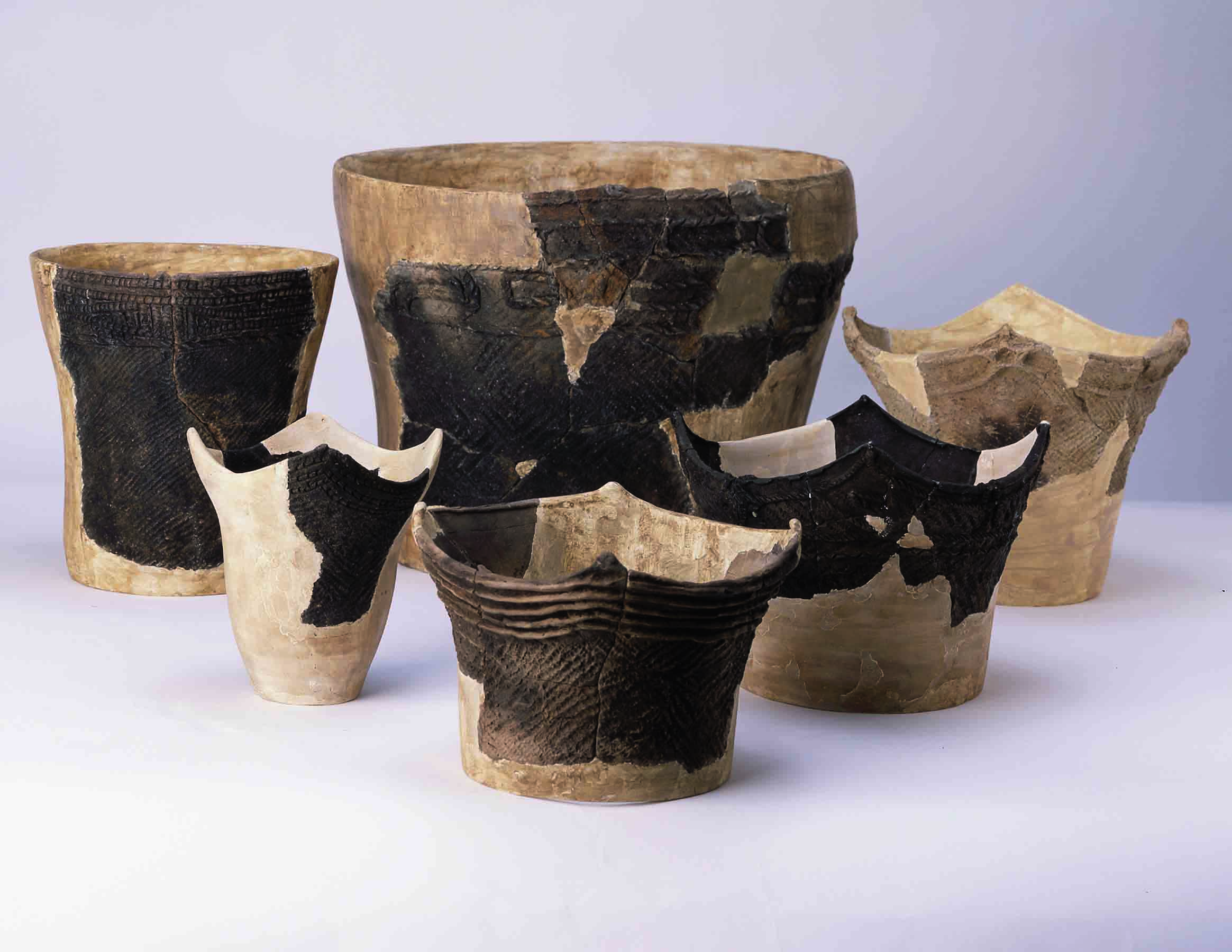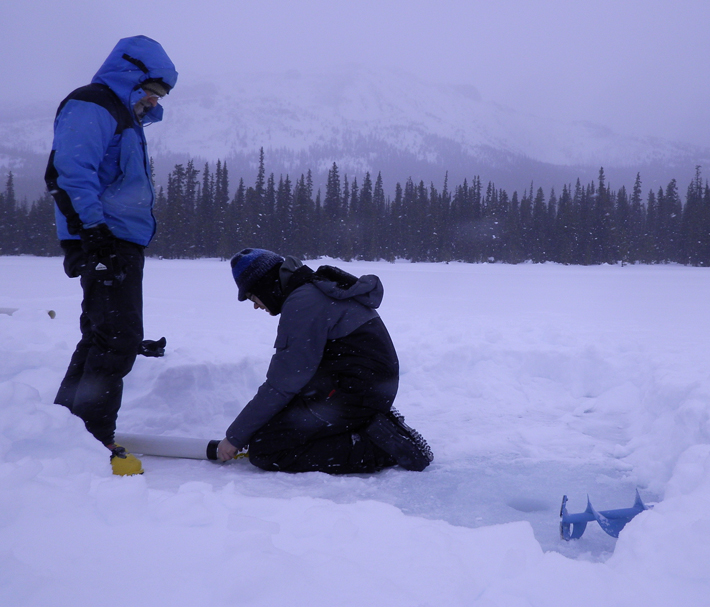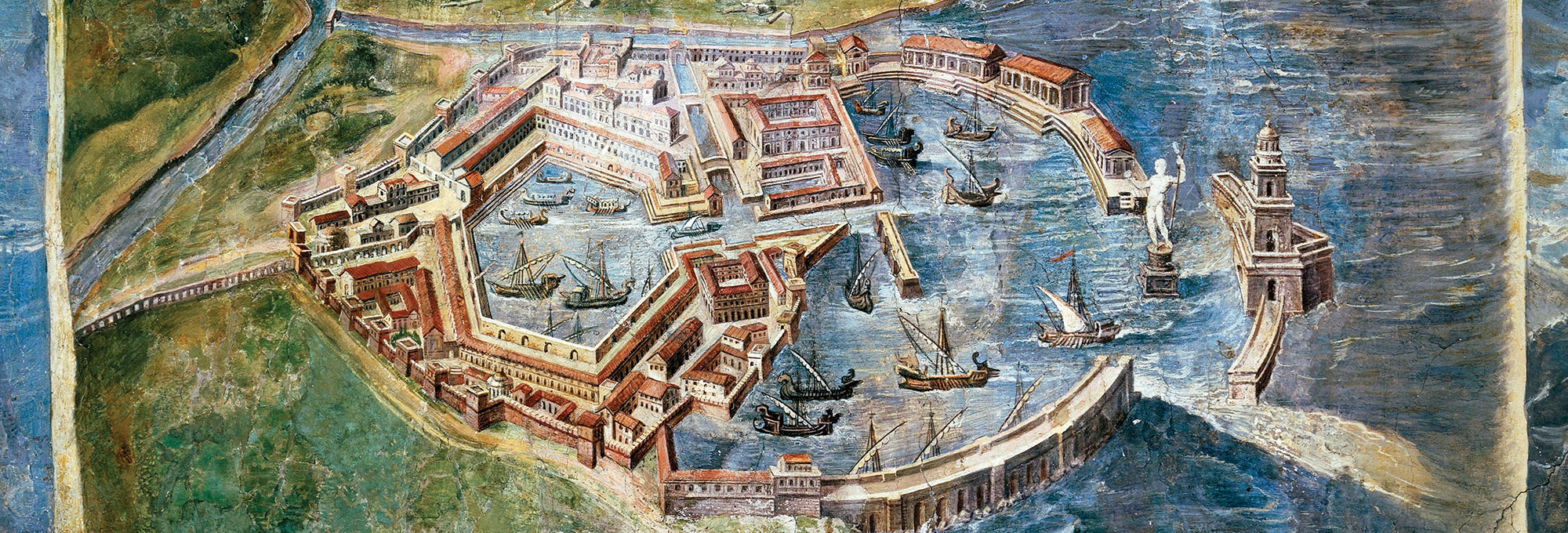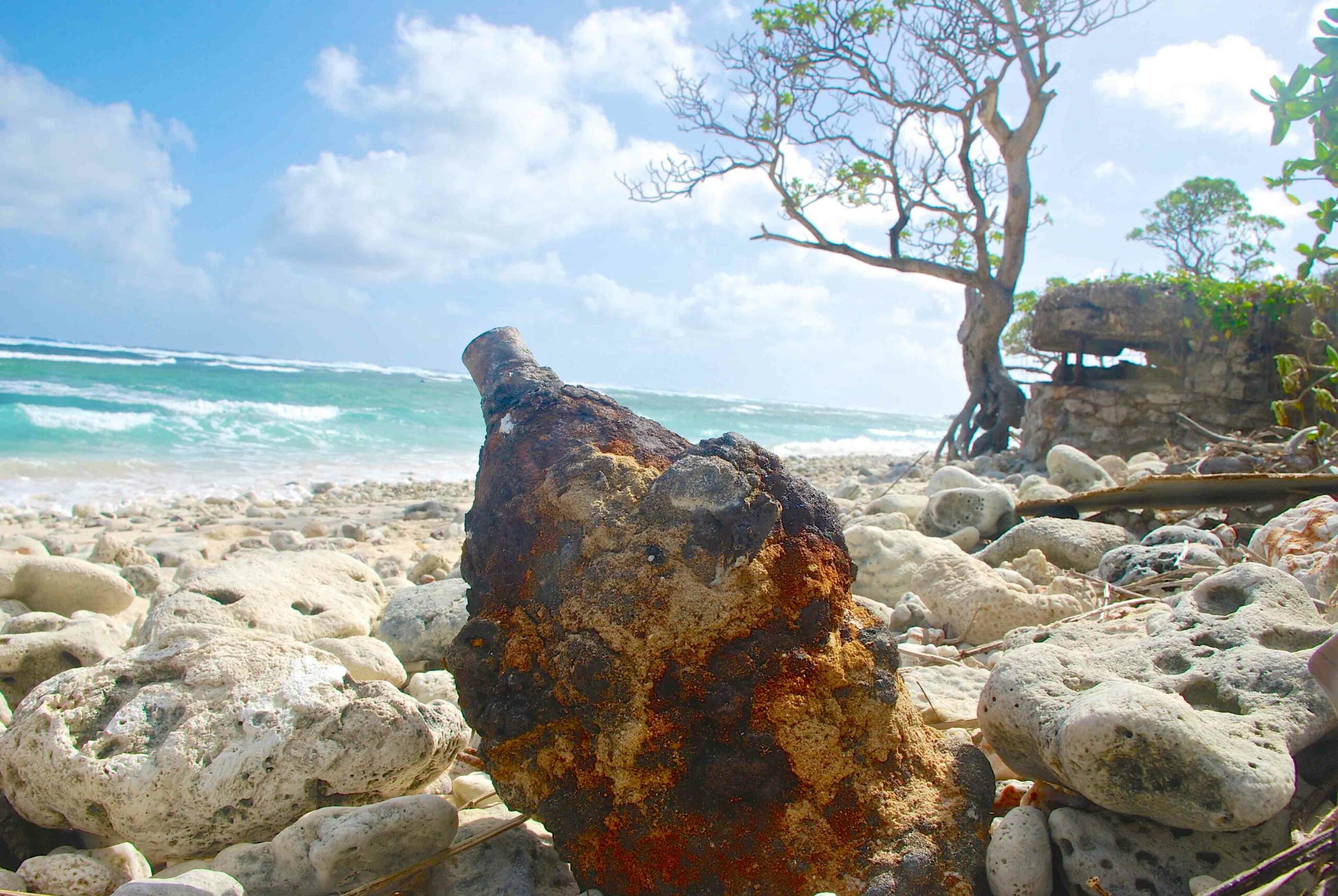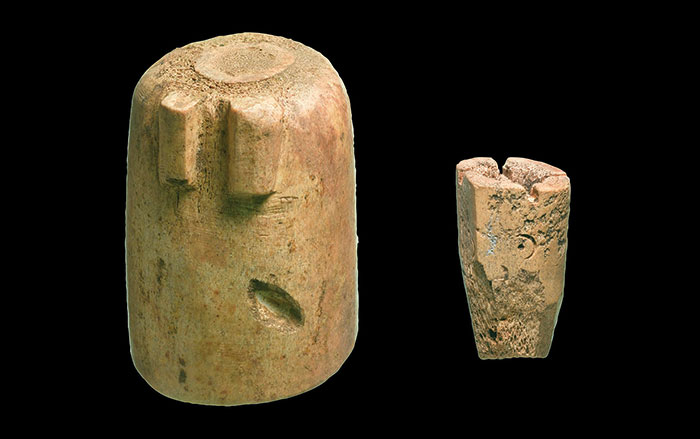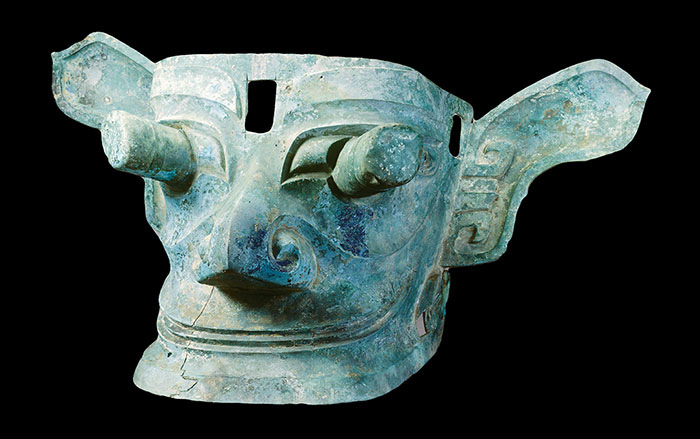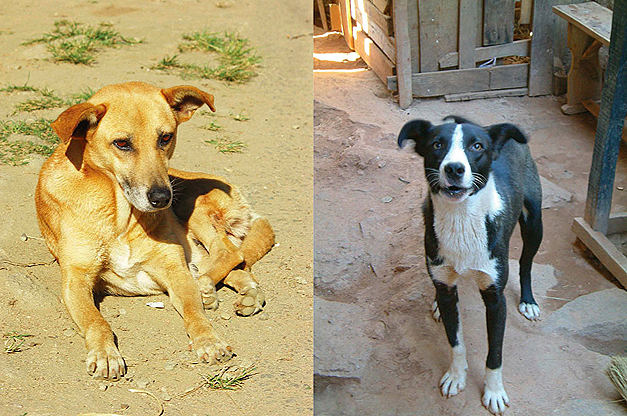
STOCKHOLM, SWEDEN—Peter Savolainen of the KTH Royal Institute of Technology looked for traces of Indonesian ancestry in modern dogs from Madagascar, but found no connection to the pets of ancient Austronesian migrants. “Dogs, together with pigs and chickens, were important domestic animals in the Austronesian culture. So it would be expected that dogs were brought in the colonization of major new areas, and a seemingly total absence in Madagascar of dogs with Austronesian heritage is surprising,” he said in a press release. Madagascar’s human population has a high diversity of maternal and paternal lineages of Indonesian origin, however. Those migrants are thought to have traveled with domesticated pigs, chickens, and their dogs, whose genes have been detected in dogs in Hawaii, Southeast Asia, the Cook Islands, and New Zealand. “It is possible that if the dogs were brought along on these long journeys, they died from the hardship, or were used as a food source,” Savolainen speculated. For more on the archaeology of dogs, see "More Than Man's Best Friend."



